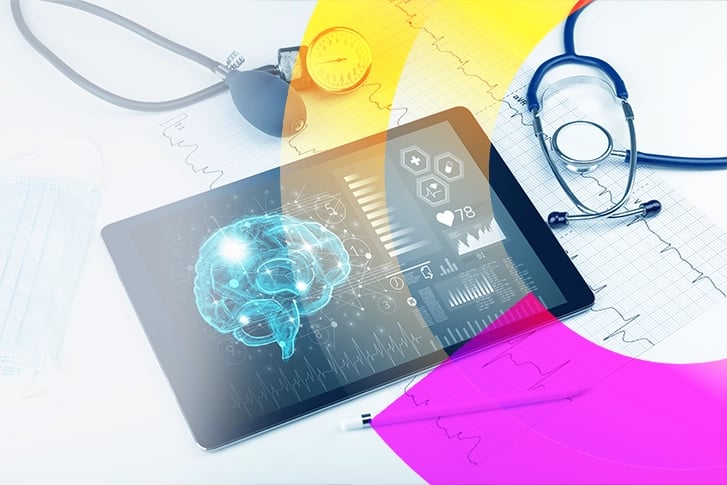The rapid advancement of artificial intelligence (AI) technology has revolutionized various industries, including the medical information sector. One notable AI-driven tool is ChatGPT, developed by OpenAI. By utilizing natural language processing (NLP), ChatGPT enables human-like conversations and assists with tasks such as composing emails, essays, and code. With its growing popularity and integration into Microsoft and Google products, ChatGPT and other variations of Artificial Intelligence have demonstrated immense potential in transforming the medical information industry. However, while AI offers numerous benefits, it is crucial to also recognize the importance of human expertise in ensuring accuracy and leveraging the value of AI technologies.
AI Integration Revolutionizing the Pharmaceutical Industry: A Glimpse into the Future
The pharmaceutical industry faced the challenge of managing a significant volume of adverse event (AE) cases for COVID-19 vaccines in 2021. Regulatory agencies like the U.S. Food and Drug Administration (FDA) and the European Medicines Agency (EMA) predicted a substantial increase in AE cases compared to previous vaccines. To address this surge, AI integration and process automation played a vital role.
Pharmaceutical companies developed electronic reporting portals to allow patients to report their own AEs, leading to an increase in case reporting and higher-quality case reports. Additionally, AI-powered Interactive Voice Response (IVR) systems were enhanced to efficiently handle AE calls from patients.
Unleashing the Potential of AI in the Pharmaceutical Industry: Real-World Applications
The medical information industry has embraced several innovative ideas in response to the advancements in AI technology. These ideas include:
- Improving IVR Navigation: Enhanced customer navigation in IVR systems to provide an intuitive and seamless experience.
- Voice to Text Systems: AI-powered speech-to-text systems assisting with translation of voicemails and inter-regional support during periods of high volume, recalls, or product shortages.
- AI Analysis for Data Insights: Utilizing AI analysis to provide valuable data insights observe trends, and determine sentiments to support clients in making informed business decisions.
- Dynamic Interactive Visual Reports: Provide user-friendly visual reports with customizable parameters that empower clients to access the desired information and tailor data visualization to their specific needs.
- AI Voice Generator: Capabilities to produce contact center prompts and recordings in multiple languages within seconds, enhancing customer experience and support.
- AI-Assisted QC Check: Assist medical information professionals in identifying errors in inquiry handling, medical writing, and translation processes, to ensure accuracy and compliance.
- AI-Assisted Content Creation: Generation of medical information responses, scientific documents, and educational materials based on approved sources, enhancing efficiency and content development.
- Live Chat with Voice and Text: AI-driven live chat systems that provide immediate support to callers, improving communication and customer satisfaction.
- Automatic Line Testing: Automation to streamline and validate communication channels, ensuring reliable connectivity and efficient service delivery.
Striking the Perfect Balance: How Expert Clinicians Shape the Role of AI in Medical Information
While AI technology offers significant advantages, it is essential to recognize that it is a tool, and expert clinicians are the architects. The accuracy and integrity of medical information depend on the knowledge and oversight provided by professionals who review AI-generated content. Their expertise ensures that AI is effectively utilized to add consistency, compliance, while bringing the value of human insight in the medical information industry.
Artificial intelligence, exemplified by ChatGPT, has emerged as a game-changer in the pharmaceutical industry. From handling surges of cases to automating processes and improving customer experiences, AI technologies have transformed healthcare operations. While embracing the numerous benefits AI offers, it is crucial to remember that human expertise and oversight are paramount to ensuring accuracy and leveraging the full potential of AI in the medical information industry. By effectively combining the power of AI with human insights, the industry can achieve new heights in efficiency, compliance, and patient care.



